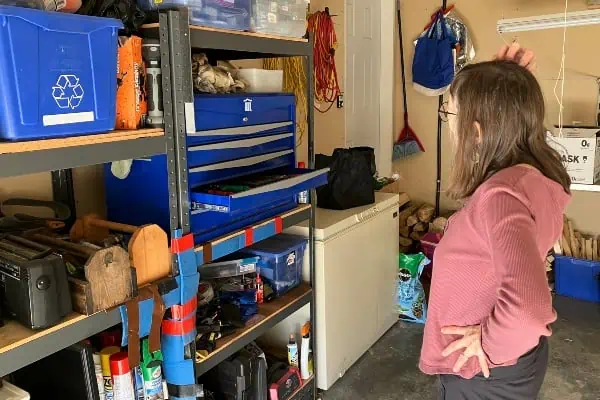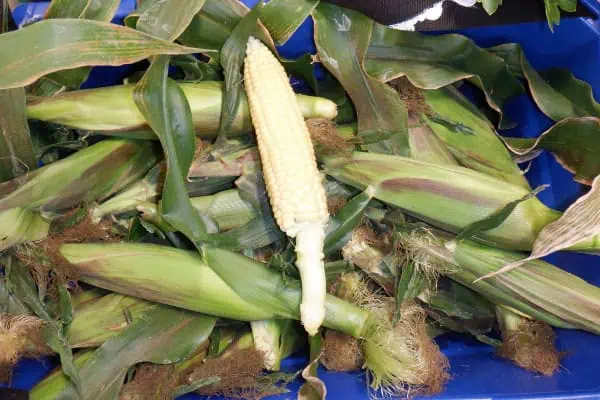It teaches you …
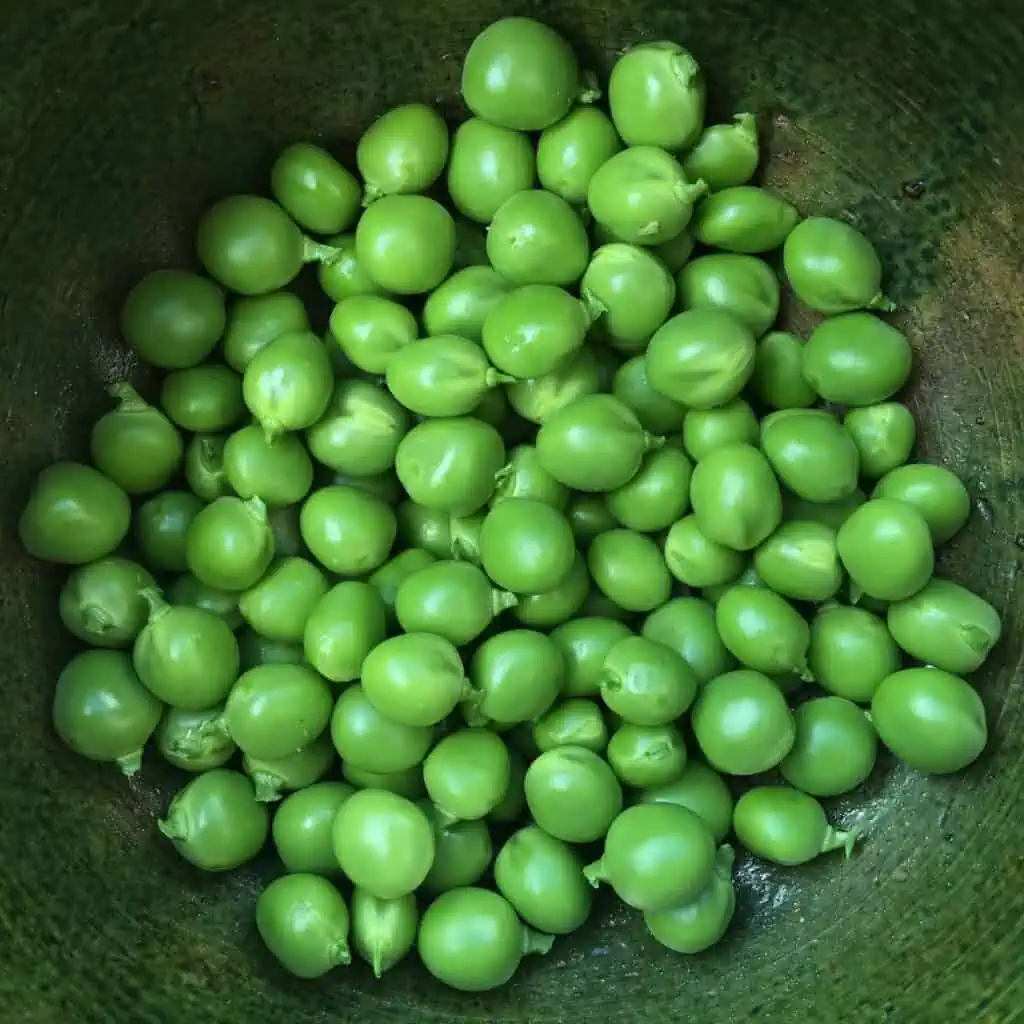
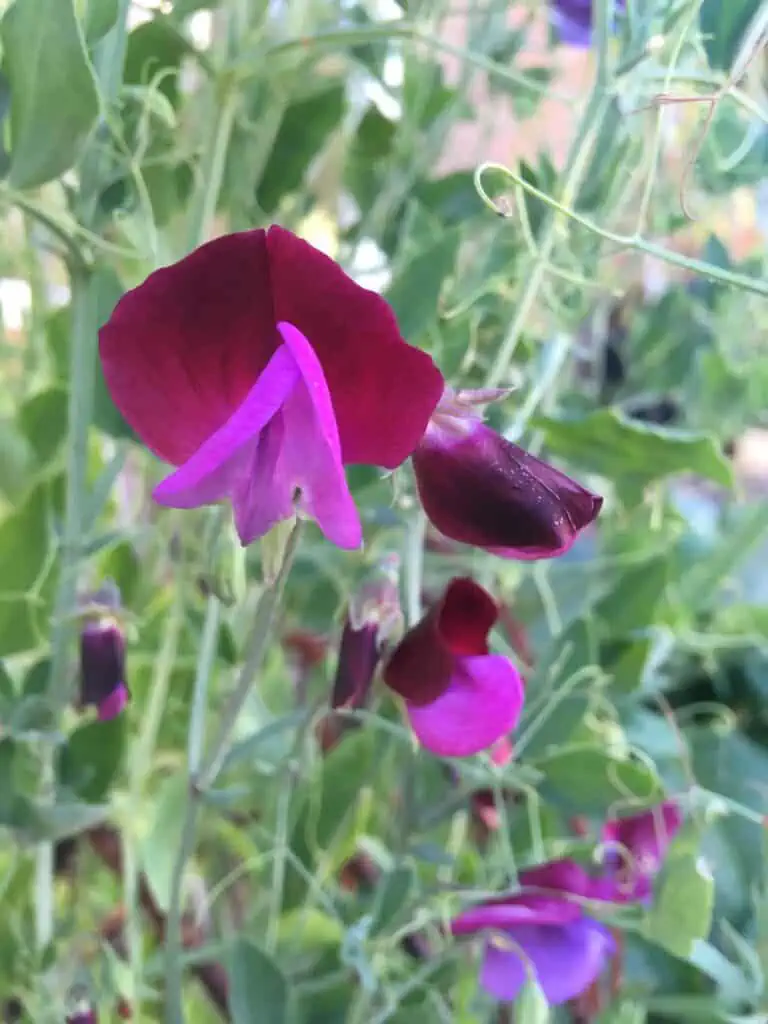
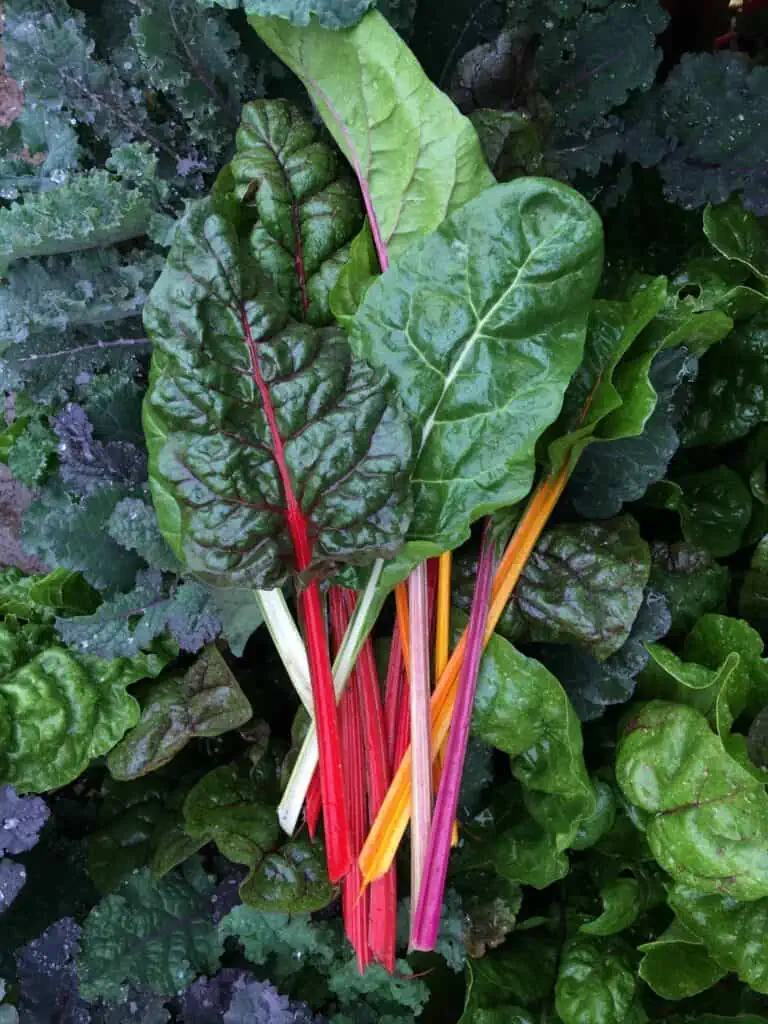
1. To trust and to believe in possibility
Sometimes it feels so hard to imagine that spring will come, that things will grow again and that there’ll be enough time for everything to mature in the few warm months we have here. The ground is frozen for so much of the year that the fact that, in a matter of a few weeks, everything turns green again—is close to a real-life miracle. Gardening in the North teaches us to trust that there will be new life again. It teaches us to take it one step at a time and to believe that everything will unfold as it’s meant to. You plant little seeds in spring and trust that, by fall, you’ll have carrots and beets and all sorts of treasures to dig up.
2. That experience matters, but that each year is different
It’s best not to get hung up on how things were last year. Years of experience, with gardening in the Yukon, can be indispensable, but don’t rely on this year to be the same as last year. The final frost, the dates of when the leaves come out, the way the lake breaks open, the amount of rainfall … It’s different every year. Accept it and move on. Complaining about it won’t change anything. Mother Nature is so much greater than any of us, and all we can do is adapt.
3. That timing is everything … so don’t wait too long
This is where experience does help. An experienced northern gardener knows that if you get the timing just right for when you plant your garden, you’ll be blessed with a great season. Sometimes, if you get it just right, vegetables and flowers sown outside will mature faster than the little guys you started inside, in early spring, that you then had to transplant outside. The necessary adjustment period they need, in order to acclimatize to the wind and the sun and the cooler nights, can slow down their growth for a couple of weeks, giving the plants sown directly outside a chance to outgrow them. Starting later, in that case, can work out in your favour, especially if there’s a late frost. On the flip side, however, if you wait too long, you’ll have zucchini plants that are just starting to flower around the time of the first autumn cold snap. It’s a fine line.
4. That patience and perseverance pay off
Whether it’s the self-restraint that you need to not plant your seedlings outside, too early; or the inner determination you need when the mosquitoes and black flies eventually show up to accompany you when you’re weeding, patience and perseverance are essential if you want to grow things in the Yukon. Without them, you’re better off just buying your vegetables and bouquets of flowers at the supermarket.
5. That fancy isn’t better
Garden catalogues and garden centres love coming up with new, exotic plants and fresh varieties of old favourites to sell each year. They may look enticing in the pictures, and sound exciting in the descriptions, but sometimes the tried and true is worth sticking with. Potatoes will always be a reliable favourite. Radishes are notoriously simple to grow but shouldn’t be tossed aside for something more flashy and complicated. They’re great in our colder climate and are ready to harvest in a short period of time, making them especially satisfying to grow (try sowing them between your carrots). Rhubarb is a staple in most Yukon gardens and inevitably will provide you with more than you can use, but how great is it that it loyally pops back up each spring with no need for extra-special care?! Exotic can be interesting for a minute but, with time, you’ll probably find yourself coming back to what works, even if it’s not something quite so glamorous.
6. Not to undervalue what’s already here
Similar to under-appreciating the not-so-fancy vegetables that grow well in the North, we may also disregard the native plants that grow all around us, year after year. Why not plant a Saskatoon bush in your yard, for its berries; let wild Lamb’s Quarters grow in your garden beds, as an alternative to spinach; and line your driveway with the fragrant pink blooms of Rosa acicularis (wild Arctic roses)? Take advantage of the thousands of years that these plants have been evolving to grow in our particular climate.
7. That there’s No Use in Comparing
You’ll drive yourself crazy if you start to compare your Yukon garden with the lush images online—of yards and gardens in other parts of the world. Most other places don’t have the extremely cold winters, short summers and types of soil that we have. The Yukon is unique; you can’t make it into something it’s not.
8. That impermanence doesn’t make it less worthwhile
Every spring, truckloads of beautiful hanging baskets (and pretty pots filled with colourful annuals) get shipped up and look so tempting after our long winters. And even some of the plants labelled as perennials, in warmer hardiness zones, are also here with us for only one season in the Yukon. Sometimes you may find yourself wondering if it’s worth it or if this year you shouldn’t make the effort of sowing fragrant sweet peas or investing in a few petunias, since they’ll only last a few months. Nothing in life is forever, and while hardy perennials like columbines and irises are wonderful, if a few annuals can bring you some extra joy this summer, it could be argued that they’re definitely worth it. For the price of a week’s worth of lattes, you can get something that will put a smile on your face for the rest of the season.
9. To play to your strengths
Maybe you can’t get flowers to survive but your green thumb is skilled at growing vegetables; or perhaps your strength lies in cultivating berries—and nothing else. That’s okay; don’t beat yourself up about it. We don’t all have to be good at everything, and your garden doesn’t have to have it all. The thing that you’re good at growing may be exactly what your friends don’t have experience with, and vice versa. Why not see if they’d be interested in trading some zucchinis for a few cut flowers—or a bag of red currants for some fresh herbs?
10. That it’s quality over quantity
Our short growing season means that sometimes our vegetables don’t get to produce as much as they potentially could in a warmer climate, even if we do everything right. However, the taste of a small handful of something grown in the Yukon will always be more delicious and precious than a truckload of the same thing grown down south. And knowing how and where your food grew is priceless.

